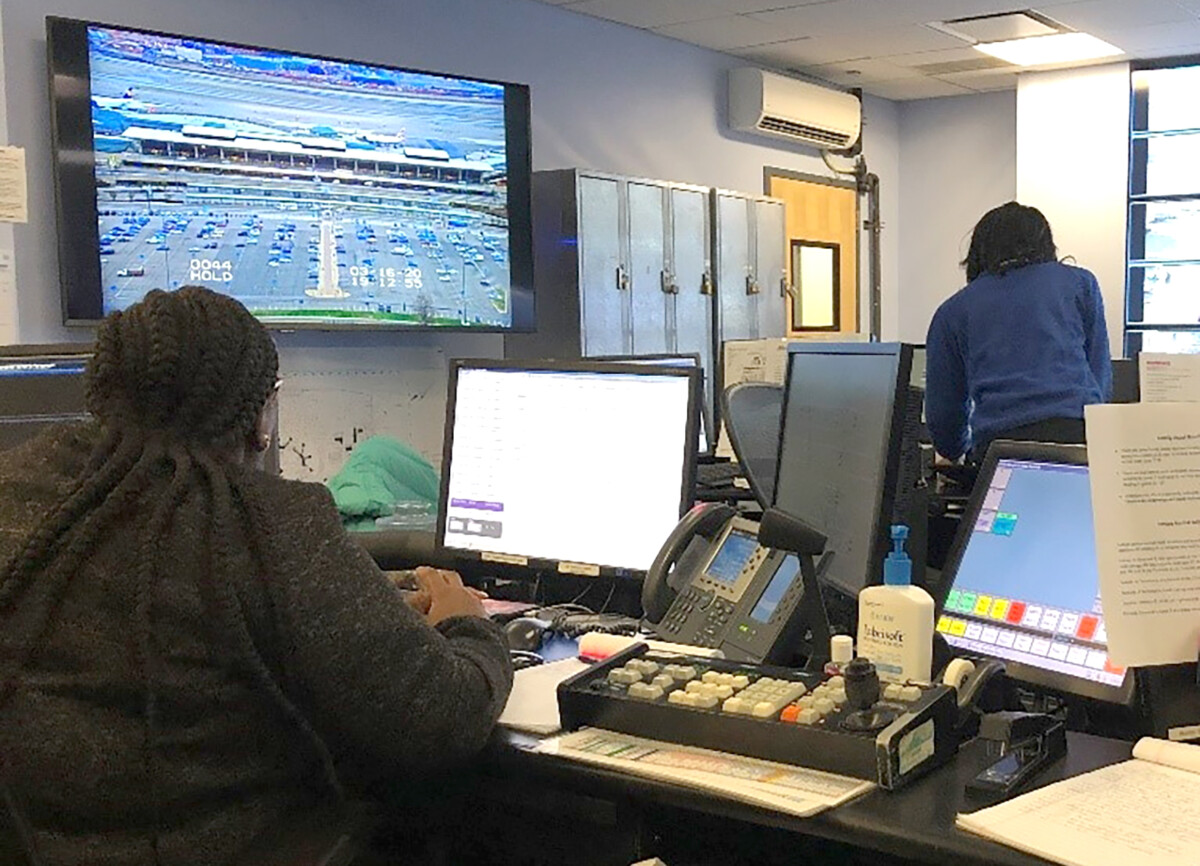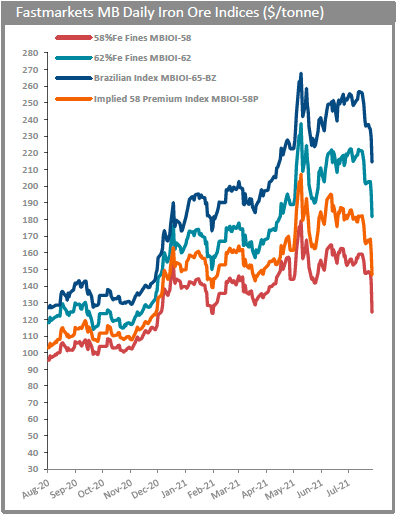West Ham United And The £25 Million Financial Challenge

Table of Contents
The Source of the £25 Million Challenge
The £25 million shortfall represents a gap between West Ham's projected income and actual expenditure. While the Rice transfer brought in substantial revenue, several factors contribute to this financial pressure.
Possible Sources:
- Player Sales Shortfall: While the Rice sale was lucrative, the club may have fallen short of projected income from other player sales. The anticipated transfer fees for certain players may not have materialized, creating a gap in the budget.
- Stadium Development and Maintenance: Ongoing maintenance and potential upgrades to the London Stadium, West Ham's home ground, represent considerable ongoing expenditure. Unexpected repair costs or expansion projects could easily consume a significant portion of the club's funds.
- Underperformance in Revenue Streams: Ticket sales, merchandise sales, and sponsorship deals are vital revenue streams for any Premier League club. Lower-than-expected performance in these areas could exacerbate the financial challenge. West Ham's performance on the pitch directly impacts these revenue streams.
- Financial Fair Play (FFP) Regulations: Premier League clubs must adhere to strict Financial Fair Play rules. Failure to meet these regulations could result in penalties that further restrict the club's spending. Meeting these FFP requirements may necessitate a reduction in spending.
The most likely primary source is a combination of underperformance in revenue streams and unexpected stadium costs coupled with the need to reinvest a portion of the Declan Rice fee to maintain squad competitiveness in line with FFP regulations. This necessitates careful financial management and strategic decision-making.
Impact on Transfer Strategy and Player Recruitment
The £25 million shortfall significantly impacts West Ham's transfer strategy. The club's ability to make headline-grabbing signings is severely restricted.
- Limited Transfer Budget: The reduced budget means manager David Moyes must be more creative and resourceful in the transfer market. Big-money signings are less likely.
- Focus on Loan Deals and Free Transfers: Expect to see West Ham explore loan deals and free transfers to acquire players. This strategy allows them to acquire talent without significant upfront costs.
- Impact on Squad Strength: The inability to make significant signings could weaken the squad's depth and competitiveness. This could impact the team's ability to challenge for a top-ten finish in the Premier League. The club needs to shrewdly identify and acquire undervalued talent.
Implications for Wage Bill Management
Managing the wage bill becomes crucial in the face of this financial challenge.
- Negotiating Player Contracts: West Ham will likely need to renegotiate some player contracts to reduce the overall wage bill. This may involve extending contracts with reduced salaries or exploring opportunities to move higher-earning players.
- Potential Player Sales: To balance the books, the club might need to sell some key players, even if it’s against their initial plan. This would be a difficult decision, impacting squad morale and performance.
- Youth Academy Development: Investing in the youth academy becomes even more important. Developing young talent provides a cost-effective way to strengthen the squad and reduce reliance on expensive transfers.
Exploring Potential Solutions and Mitigation Strategies
West Ham needs to explore several avenues to overcome this financial challenge.
- Increased Commercial Revenue: The club needs to aggressively pursue new commercial partnerships and sponsorships. Maximizing merchandise sales and exploring new revenue streams is vital. A strong marketing strategy focusing on the club's brand can attract more sponsors.
- Strategic Partnerships: Collaborating with other organizations, for example, through joint ventures or marketing campaigns, can unlock new revenue opportunities. This can help diversify income and reduce financial risk.
- Cost-Cutting Measures: Identifying areas for cost reduction, without negatively impacting the team’s performance, is crucial. This could involve reviewing operational expenses and negotiating better deals with suppliers.
Conclusion: Overcoming the £25 Million Challenge: The Future of West Ham United's Finances
West Ham United faces a significant West Ham United and the £25 Million Financial Challenge, impacting their transfer strategy, wage bill, and overall competitiveness. The club needs to carefully manage its finances, explore new revenue streams, and make tough decisions to navigate this challenging period. Success hinges on a combination of shrewd financial management, strategic partnerships, and a commitment to developing young talent. How do you think West Ham can best overcome this challenge? Share your thoughts and suggestions in the comments below! [Link to relevant news article/club statement].

Featured Posts
-
 How Trumps Executive Orders Affected Transgender Rights And Well Being A Community Perspective
May 10, 2025
How Trumps Executive Orders Affected Transgender Rights And Well Being A Community Perspective
May 10, 2025 -
 Another Tech Outage Cripples Newark Airport Operations Faa Investigation Underway
May 10, 2025
Another Tech Outage Cripples Newark Airport Operations Faa Investigation Underway
May 10, 2025 -
 When Does The Next High Potential Episode Air On Abc
May 10, 2025
When Does The Next High Potential Episode Air On Abc
May 10, 2025 -
 Exclusive Report Elliotts Strategy For Russian Gas Pipeline Investment
May 10, 2025
Exclusive Report Elliotts Strategy For Russian Gas Pipeline Investment
May 10, 2025 -
 Iron Ore Price Plunge Chinas Steel Output Restrictions And Market Consequences
May 10, 2025
Iron Ore Price Plunge Chinas Steel Output Restrictions And Market Consequences
May 10, 2025
